In the contemporary world, a government-issued identification number is akin to a personal numeric code, a unique identifier that not only establishes one’s identity but also serves as a key to accessing various civic and social amenities. In this post, I will discuss these identification numbers, exploring their significance, varied forms, and the vital role they play in our daily lives.
Key Takeaways
- Government-issued ID numbers are unique identifiers assigned to individuals by governments, essential for verifying identity and accessing various services.
- These numbers vary across different countries and documents, with examples including the Social Security Number in the U.S. and the Aadhaar number in India.
- ID numbers play a critical role in everyday life, necessary for employment, banking, healthcare, and more.
- The use of these numbers raises important concerns regarding identity theft and privacy.
- Technological advancements are shaping the future of ID numbers, with the potential for enhanced security and global interoperability.
What Constitutes a Government-Issued ID Number?
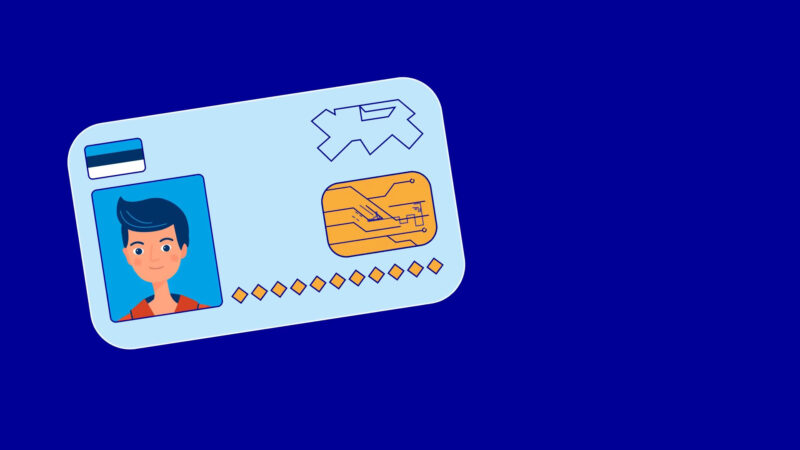
A government-issued ID number is a series of digits and a unique identifier assigned by a government entity to its citizens or residents. This number is usually linked to a specific ID document, which includes personal details like name, date of birth, and often biometric data.
Why are These Numbers Important?
- Verification of Identity: These numbers are crucial for verifying an individual’s identity in various legal, governmental, and financial transactions.
- Access to Services: They enable access to essential government services, including healthcare, voting, and social welfare programs.
- Security Purposes: They help maintain national security by tracking individuals for legal and security reasons.
Variations of Government-Issued ID Numbers
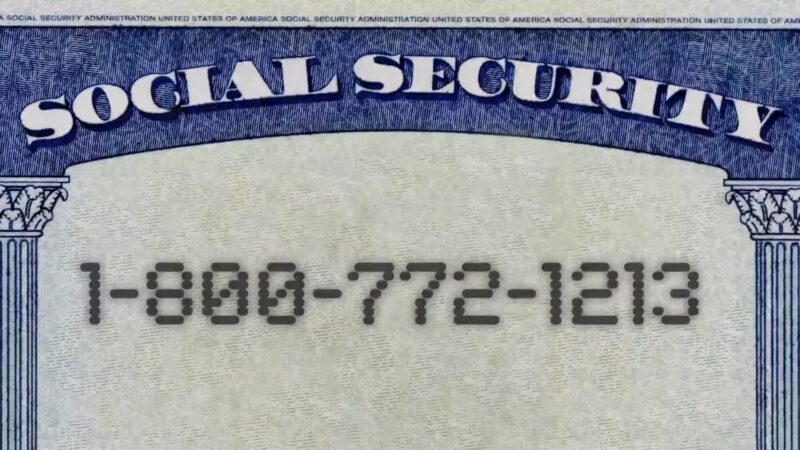
How Do These Numbers Differ Across Countries?
Different countries have different systems and nomenclature for these identification numbers. For example:
- United States: The Social Security Number (SSN) is a critical identifier for citizens.
- India: The Aadhaar number serves a similar purpose.
- United Kingdom: National Insurance Number (NIN) plays a comparable role.
Each of these systems, though distinct in their structure and application, serves the fundamental purpose of identifying and tracking citizens for governmental and administrative reasons.
Different Types of Government-Issued IDs in the United States
In the U.S., several forms of identification carry unique numbers:
- Passport: International travel document with a unique number.
- Social Security Card: Contains the SSN, essential for employment and taxation.
- Driver’s License: State-issued ID with a unique number, used primarily for driving but also as general ID.
The Role of ID Numbers in Everyday Life
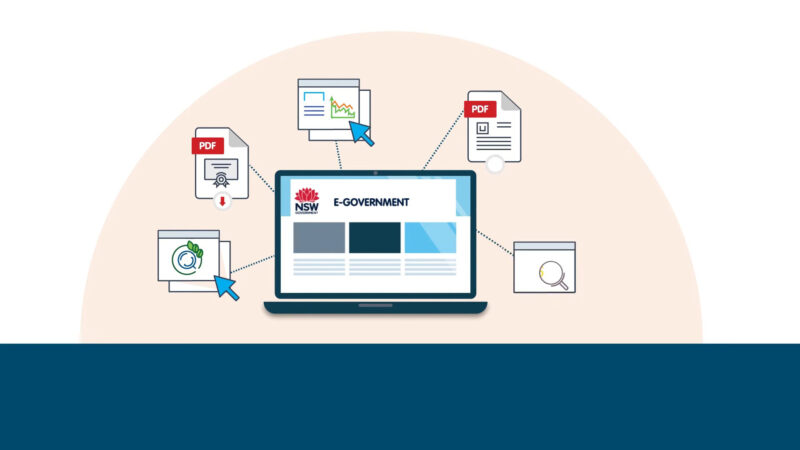
Why Are These Numbers So Integral?
Imagine a key that unlocks numerous doors — this is what an identification number does in the realm of civic life. It’s essential for:
- Employment: Employers use it to verify identity and for tax purposes.
- Banking: Essential for opening bank accounts and securing loans.
- Healthcare: Used to access medical services and insurance.
The Digital Age and ID Numbers
In our digital era, these numbers have transcended their physical form. They’re now integral to online verification processes, be it for e-government services or digital banking.
Challenges and Concerns
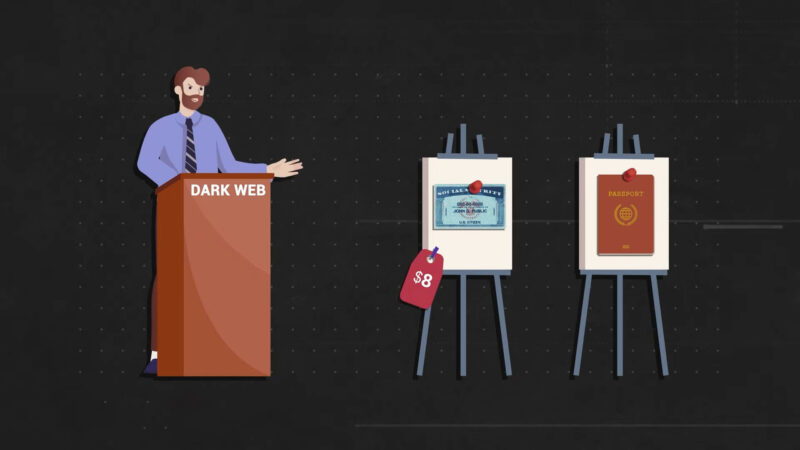
What Are the Risks Associated with ID Numbers?
With great utility comes significant risk. The primary concerns include:
-
- Identity Theft: Misuse of these numbers can lead to identity theft, a growing concern in the digital age.
- Privacy Issues: The extensive use of these numbers raises questions about data privacy and surveillance.
Safeguarding Your Identification Number
Protecting your ID number is paramount. Here are some tips:
- Secure Storage: Keep documents containing your ID number in a safe place.
- Prudent Sharing: Only share your ID number when absolutely necessary.
- Monitor for Fraud: Regularly check your financial statements and credit reports for signs of unauthorized activity.
What Does the Future Hold for Government-Issued ID Numbers?
The future points towards even more integration of these numbers into our digital lives. We can expect:
- Enhanced Digital Verification: More robust and secure online verification systems.
- Biometric Integration: Increased use of biometric data linked to these numbers for security.
- Global Interoperability: Efforts to make these numbers more universally recognized and usable across borders.
Are These Numbers Uniform Across All Government Documents?
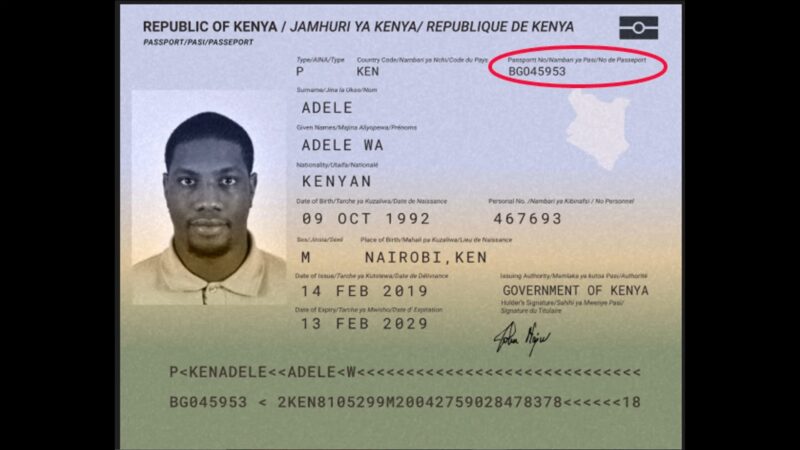
Interestingly, the identification numbers vary across different government documents. For instance, in the United States:
- Passports: The number is unique to your passport, differing from your Social Security Number.
- Driver’s Licenses: Each state issues a unique driver’s license number, different from the SSN.
This variance ensures a layered approach to identification, where different numbers serve different purposes, enhancing security and reducing the risk of identity theft.
The Interplay Between State and Federal ID Numbers
In countries like the United States, there’s a fascinating interplay between state and federal identification systems. For example:
- Federal Level: The Social Security Number (SSN) is the most widely used federal identifier.
- State Level: Driver’s licenses and state ID cards, each with their own unique numbers.
This dual system allows for a balance between state autonomy and federal uniformity in identity management.
Real-Life Applications of Identification Numbers
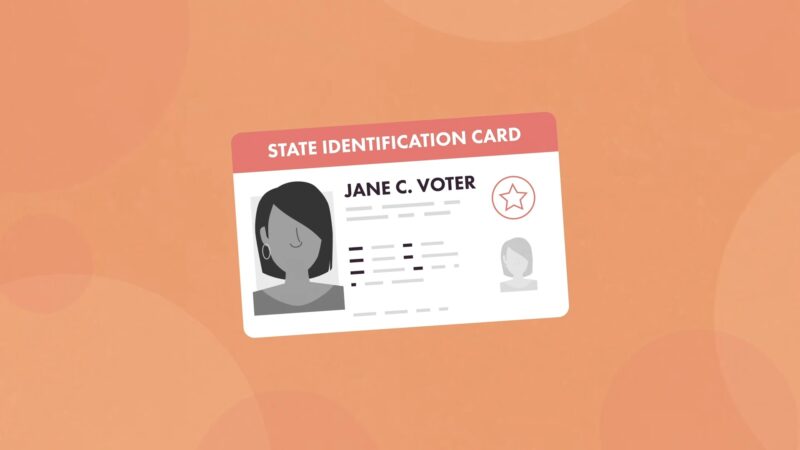
Everyday Use Cases
To grasp the omnipresence of these numbers, consider their role in:
- Voting: Used to register and verify voters.
- Taxation: Essential for filing taxes and receiving refunds.
- Travel: Passport numbers are mandatory for international travel.
The Economic Importance
These numbers also have significant economic implications:
- Employment Eligibility: Employers use them to verify work eligibility.
- Credit Systems: Essential for establishing credit history.
Global Perspectives on Identification Numbers
A Comparative Look
Around the world, identification systems vary:
- National ID Programs: Countries like India and China have comprehensive national ID programs.
- No National ID: In contrast, countries like the UK and Canada don’t have compulsory national ID cards.
The Impact of Cultural and Political Factors
The adoption and structure of these ID systems are often influenced by cultural and political factors, reflecting each nation’s approach to privacy, security, and governance.
The Technological Evolution of ID Numbers
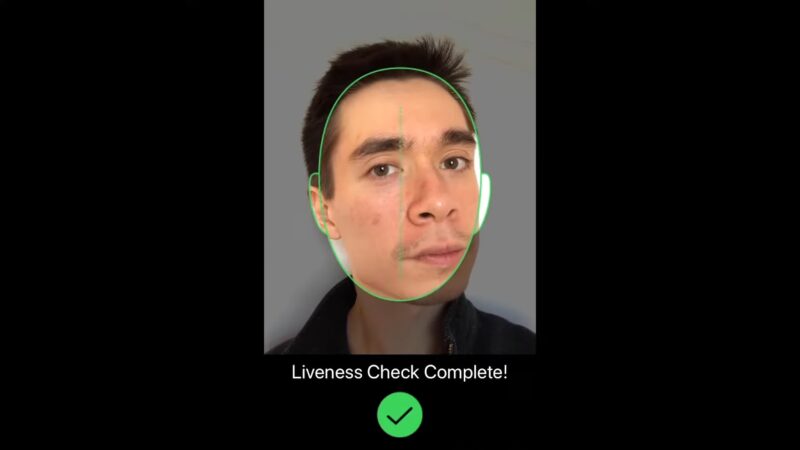
Digital Transformation
The digital transformation is reshaping how we interact with our ID numbers:
- Online Identification: Increasing use of digital platforms for verification.
- Electronic Government Services: These numbers are key to accessing e-services.
Emerging Trends
Looking forward, we can anticipate:
- Blockchain and ID Numbers: Potential use of blockchain technology for secure and decentralized ID systems.
- Artificial Intelligence: AI could enhance the efficiency and security of ID number systems.
FAQs

Can a government-issued ID number expire or change over time?
Generally, government-issued ID numbers, like Social Security Numbers in the U.S., do not expire or change over an individual’s lifetime. However, specific document numbers, like those on a passport, may change when the document is renewed.
Are government-issued ID numbers the same as tax identification numbers?
In some cases, they can be the same. For example, in the U.S., the Social Security Number serves as both an identification and a tax identification number. However, non-residents may have different tax identification numbers that are not used for general identification purposes.
Can businesses legally request my government-issued ID number?
Businesses can request your government-issued ID number for legitimate purposes, such as employment verification, credit checks, or legal transactions. However, you should always be cautious and ensure the request is legitimate to protect your privacy.
How do children or minors receive government-issued ID numbers?
In many countries, including the U.S., children receive a government-issued ID number at birth or soon after. For example, in the U.S., parents can apply for a Social Security Number for their newborn.
Are government-issued ID numbers required for voting in all countries?
The requirement varies by country. Some countries require a government-issued ID number or document for voter registration and identification at the polls, while others may have different methods of verifying voter identity.
Can government-issued ID numbers be used internationally?
Generally, government-issued ID numbers are primarily used within the issuing country and are not for international identification, except for numbers on documents like passports. For international verification, a passport or similar international travel document is usually required.
Final Words
Government-issued identification numbers, though a simple concept, play a monumental role in modern society. They are the linchpins of identity verification, access to services, and security.
As we move forward, the evolution of these numbers will continue to shape and be shaped by the technological and societal changes around us. Their significance in our lives, far from diminishing, is only set to grow.
